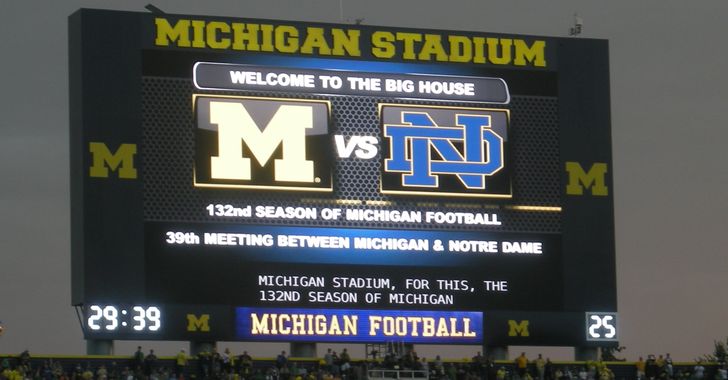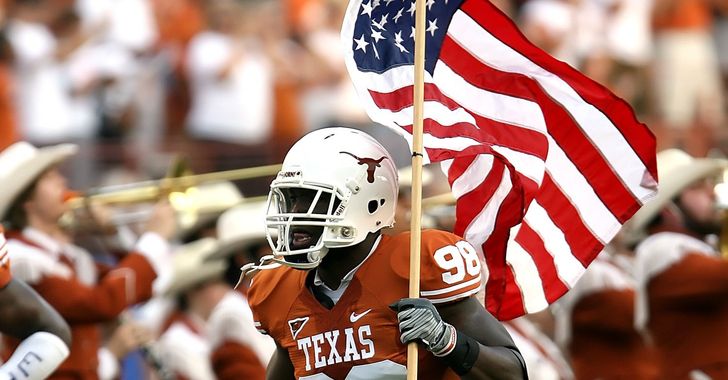This morning, Pfizer released fantastic news about their COVID-19 vaccine.
Pfizer reported that "the vaccine candidate was found to be more than 90% effective in preventing COVID-19 in participants without evidence of prior SARS-CoV-2 infection in the first interim efficacy analysis."
To put this into perspective, the "flu vaccination reduces the risk of flu illness by between 40% and 60% among the overall population," according to the CDC.
However, measles was once eradicated in the United States. According to the CDC, "two doses of MMR [measles, mumps, and rubella] vaccine are about 97% effective at preventing measles; one dose is about 93%."
That means Pfizer's vaccine could work similarly to the measles vaccine. However, this reality is dependent on enough people being vaccinated. To achieve herd immunity, at least 60% of the world's population will need to be immune. That's approximately 4.7 billion people!
CNN Chief Medical Correspondent Dr. Sanjay Gupta interviewed Albert Bourla, CEO of Pfizer.
"We believe that we are in a good situation to have up to 50 million doses this year globally, and I believe we are in a very very good situation to have 1.3 billion doses globally [next year]."
Now, keep in mind that Pfizer's COVID-19 vaccine is a two-dose vaccine, so 1.3 billion doses translates into 650 million available vaccines.
Bourla also told CNN,
"How long this protection lasts is something we don't know right now... We will follow up [on] the forty-four thousand people who [received this vaccine] for two years."
It is rumored that the vaccine will be free because of the $1.9 billion U.S. agreement. However, Dr. Kathrin Jansen, the head of Pfizer's vaccine development, claims in a New York Times article that "We were never part of the Warp Speed... We have never taken any money from the U.S. government, or from anyone."
Despite both the $1.9 billion U.S agreement and the $444 million Germany agreement, Jansen still claims to be distancing "the company from Operation Warp Speed and presidential politics, noting that the company — unlike the other vaccine front-runners — did not take any federal money to help pay for research and development."
Pfizer, among other companies, like Moderna, decided to take a new approach for the development of their vaccine.
This new approach does not include the virus itself. Instead, it is based on part of the virus's genetic material. Injecting this into the human body will "trick" your body into developing an immune response so whenever you're exposed to COVID-19, your body will already recognize it and fight off the infection.









 Photo by
Photo by 









































